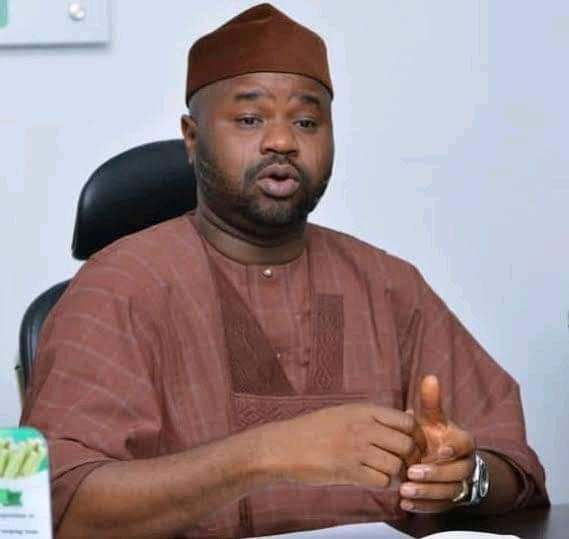
Tax reform bills: FIRS reveals three states receiving 70% VAT in Nigeria
The Chairman of the Federal Inland Revenue Service, FIRS, Zacch Adedeji, has said the current tax law benefits only three states, which receive more than 70 percent of the Value Added Tax, VAT, leaving others with a margin percentage.
Adedeji disclosed this on Monday during the public hearing on President Bola Ahmed Tinubu’s tax reform bills held at the House of Representatives in Abuja.
The revenue boss was speaking on the back of the controversy surrounding the tax reform bills passed to the National Assembly in early October 2024.
Recall that the Northern Governors and National Economic Council had rejected the bill on the grounds of the VAT derivative model, which focused on the place of consumption and supply from the current system based on the state where VAT is remitted.
However, at the interactive session at the National Assembly, Adedeji explained that the current VAT-sharing arrangement primarily benefits Lagos, the FCT, and Rivers—States where most corporate head offices are located.
He further noted that the proposed reforms aim to address this imbalance by introducing a derivation principle model, ensuring a more equitable distribution of VAT revenues to all states, regardless of their economic status.
According to him, the tax reform bills before the lawmakers will benefit all states, irrespective of the kind of economic situation that is happening in Nigeria.
“Today, I just reeled out of the data on this month of October sharing. I just signed it in on Friday. Today, Lagos will take 42 percent of the VAT. Rivers will take 16 percent. Oyo State will take 5.2 percent, and FCT will take 9 percent. If you take those 3 states, they are taking more than 70 percent of the tax.
“Why? Because those are the places where the head offices of those places are. And we know that 70 percent of consumption is not happening in those three states.
“So in whatever way you look at it, there is no way every other state apart from Lagos, Rivers, and FCT benefits from the proposed tax bill.
“If you look at it, MTN contributed the most, but because MTN headquarters are in Lagos, all the allocation from MTN is being accrued to Lagos. So, when this bill is passed, all states will benefit irrespective of the kind of economic situation that is happening in Nigeria,” Adedeji said.




